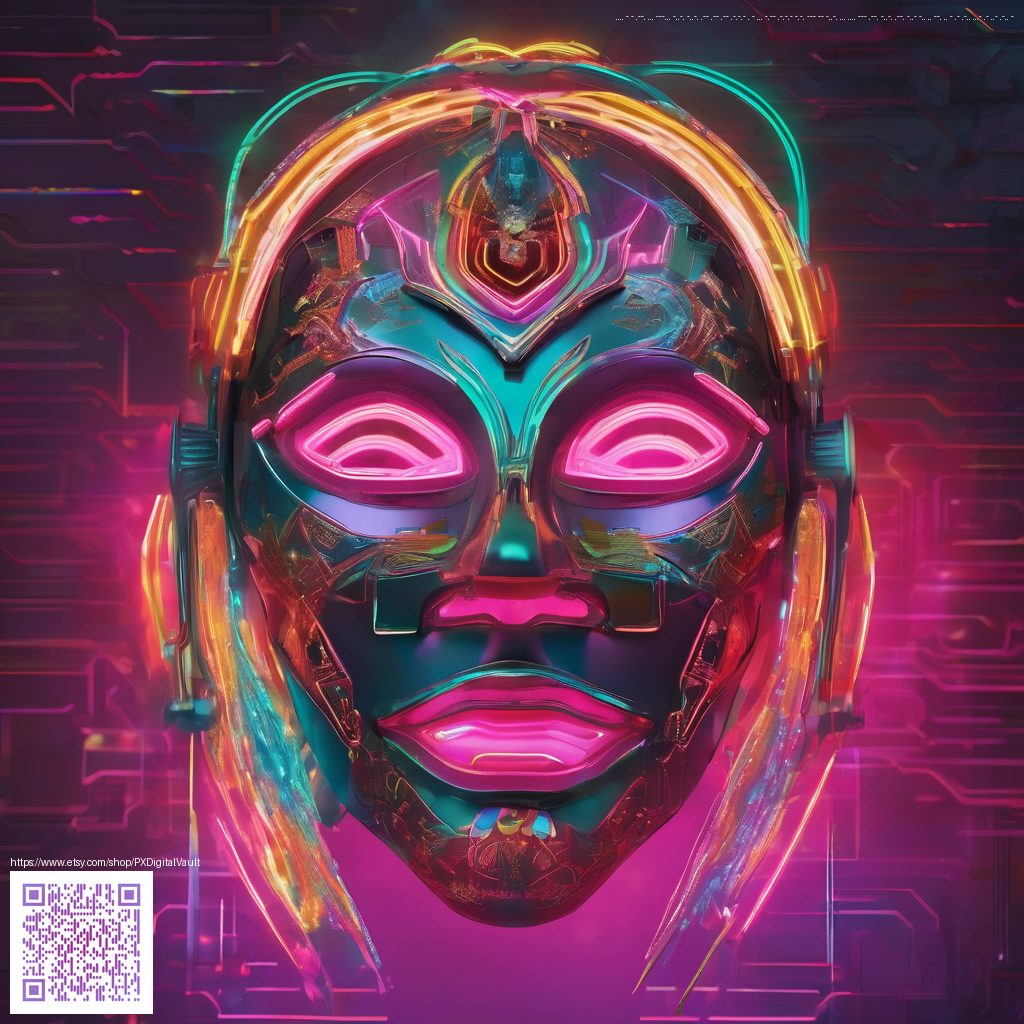Solana Gaming DAOs: Redefining How Players Govern Their Games
The rise of gaming DAOs on Solana marks a shift from developer-driven roadmaps to truly community-led futures. On these platforms, players don’t just participate in revenue or beta testing—they help decide updates, balance changes, and the cadence of new content. With Solana’s high throughput and low transaction costs, on-chain governance can scale alongside popular multiplayer titles, enabling meaningful participation without crippling the game's economics.
At the heart of this trend is a simple idea: align incentives across builders, players, and investors by bringing governance onto the blockchain. When players hold governance tokens or participate in transparent treasury decisions, they have a stake in the game’s long-term health. This isn’t about voting every minor patch; it’s about empowering communities to set priorities, review budgets, and approve initiatives that shape the game’s direction. For teams exploring these models, the practical challenge is designing a governance framework that remains inclusive, secure, and efficient as the player base grows.
Why Solana Is a Fit for Gaming DAOs
- Low fees mean small, frequent votes don’t drain treasury resources, which is crucial for in-game decisions that require rapid iteration.
- Fast finality helps communities react in near real time to balance concerns, new content, or competitive events.
- Developer-friendly tooling and a thriving ecosystem make it easier to connect on-chain governance with in-game mechanics, wallets, and analytics.
- Security and auditable transparency build trust among players who contribute to the treasury and voting processes.
“On-chain governance isn’t a gimmick; it’s a scalable mechanism for coordinating noisy, passionate communities around a shared game vision.”
As teams prototype the governance layer, they often design a multi-tiered structure: a treasury controlled by a DAO, a council or delegates who handle day-to-day governance, and on-chain proposals that trigger player-approved milestones. Solana’s ecosystem supports these layers with standardized tokens, voting libraries, and treasury frameworks that can be adapted to single-game or cross-game ecosystems. For readers and builders following the latest in this space, a related hub page offers ongoing updates and analyses of live projects you can explore over time.
For practitioners who crave tangible anchors while they experiment, consider how your physical gear supports your workflow. If you’re coordinating across devices or hopping between sessions and community calls, a reliable, durable phone case can help—something like a Neon Tough Phone Case – Impact Resistant Glossy. It’s a small reminder that strong, resilient tooling—whether hardware or governance—lets you focus on shaping the game’s future. Neon Tough Phone Case – Impact Resistant Glossy.
Core Design Elements of Gaming DAOs
- Treasury governance with clearly defined spend proposals, milestones, and audits to ensure funds support long-term game health.
- Token-weighted voting that reflects meaningful stake while safeguarding against plutocracy through tiered participation and delegation options.
- Proposal lifecycle from drafting to discussion to on-chain voting, with timelines that balance deliberation and momentum.
- Delegation and councils to manage day-to-day governance while preserving broad participation for major strategic decisions.
- On-chain execution where approved proposals trigger treasury disbursements, feature rollouts, or moderation policies, all traceable to the DAO’s records.
In practice, players gain voice through structured processes that discourage chaos but reward thoughtful input. Communities often complement on-chain voting with off-chain signaling, surveys, and open forums to surface ideas before they become formal proposals. This hybrid approach helps scale governance without sacrificing inclusivity or speed.
Case Study: Practical Roadmaps for Builders
Many Solana-based projects are experimenting with governance that evolves alongside gameplay. A representative path begins with clarifying a charter—what the DAO controls, what decisions require a full vote, and how developers and players collaborate. Then comes treasury setup: multi-signature or program-controlled wallets, budget categories, and clear audit trails. Finally, teams implement a proposal template and a voting window that’s long enough for thoughtful input but short enough to keep momentum.
Noting real-world constraints, ambitious gaming DAOs often start with a narrow scope—perhaps balancing, event scheduling, or in-game monetization policy—before expanding to more ambitious updates like cross-title collaboration or shared reward systems. The most successful communities maintain open communication, publish regular progress reports, and celebrate milestones achieved through collective action. You can explore more perspectives on related governance topics on the hub page linked above.
